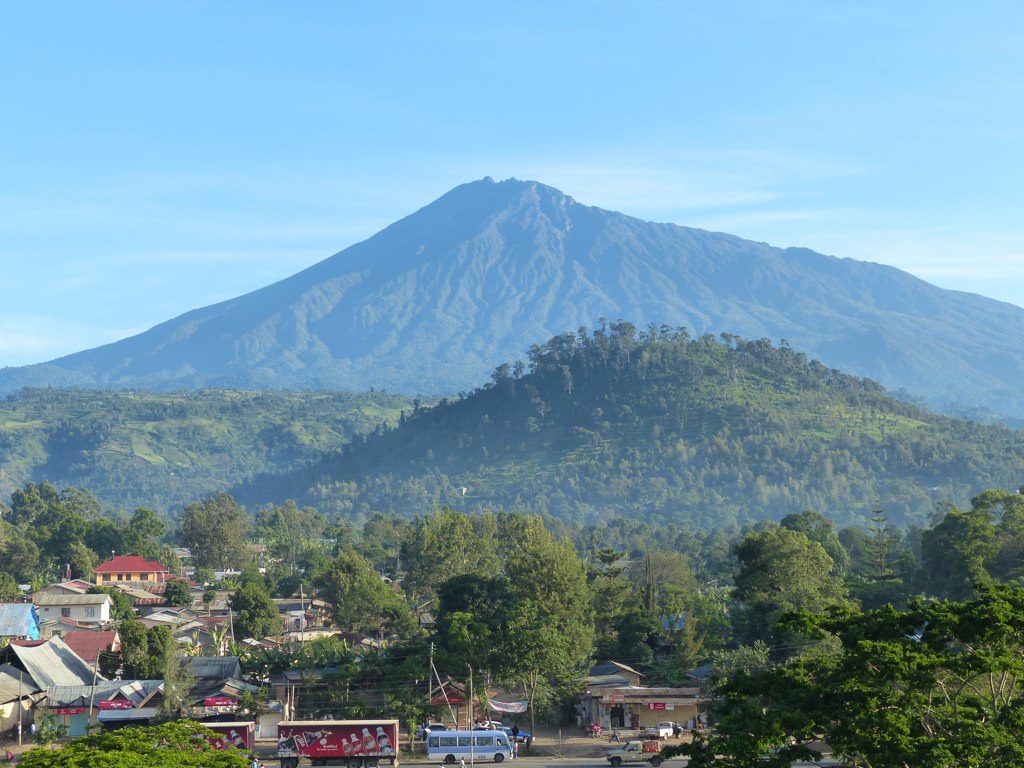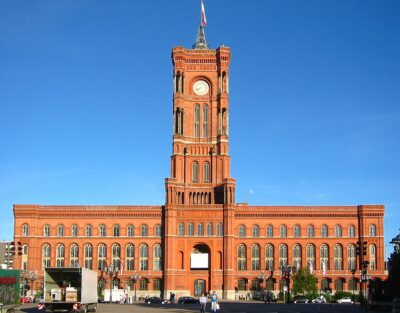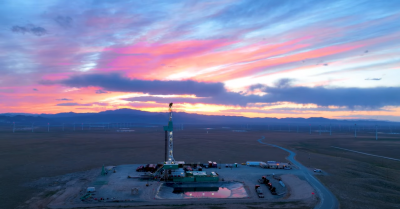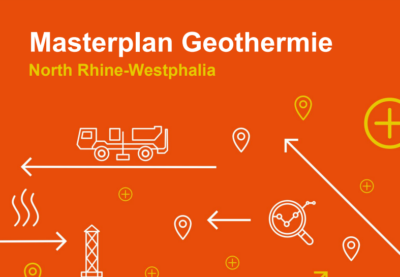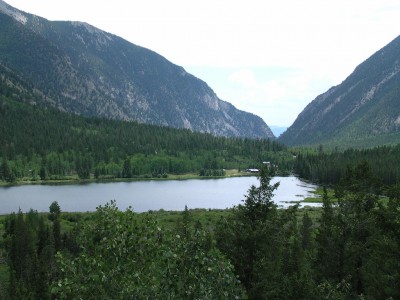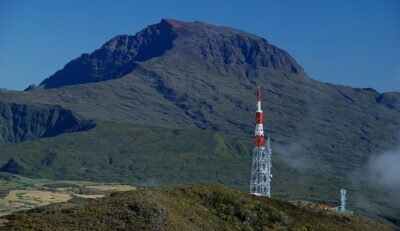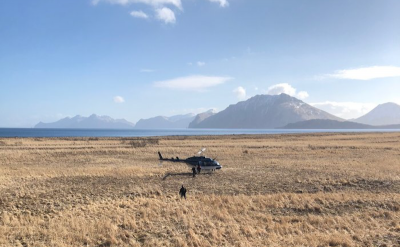Updates on geothermal development in Tanzania, Turkey and Djibouti
At a recent conference in Iceland, several country updates were given on geothermal development, including Djibouti, Tanzania and Turkey. Here some notes from the presentations.
During the recently held Iceland Geothermal Conference, several country updates were given on geothermal energy development. Here a write up on some of them:
Tanzania:
The Great East African Rift valley is located from the north to the south of Tanzania and provides the country with enormous geothermal energy potential. The government of Tanzania (GOT) is committed to integrating geothermal power generation as part of it’s energy mix (currently heavily relies on hydropower). Tanzania Development Vision 2025 aims to transform Tanzania to a middle-income country by 2025, and the energy sector is considered as a high priority to achieve this goal.
Kato Kabaka, the General Manager and CEO of the Tanzania Geothermal Development Company, Ltd (TGDC), shared five on-going project updates in Tanzania namely Ngozi, Songwe, Keijo-Mbaka, Luhoi and Natron during the IGC 2018: Breaking the Barriers.
There are numerous geothermal projects to be developed in the country. Detailed surface studies were completed for Ngozi and Songwe geothermal projects. TGDC is currently mobilizing funds for test drilling at both sites. Ngozi’s estimated cost of test drilling is USD 17,5 million for slim wells. Songwe’s temperature gradient holes (TGH) test drilling is estimated to require USD 650,000 of capital investment. Technical surface studies were completed for Kiejo-Mbaka and Luhoi. The next steps for these sites is to mobilize the funds for test drilling, and conduct continuous environmental studies. It is funded by GOT and the Geothermal Risk Mitigation Facility (GRMF). GOT and GRMF is also funding a detailed surface study for the Natron project.
Turkey:
The first geothermal power plant in Turkey was created in 1984, however the development of the sector was stagnant for 30 years. Turkey’s geothermal development is now flourishing, positioning Turkey as one of the fastest growing geothermal industry in the world. Turkish geothermal capacity increased from 15 MW to 1,155 MW in just 10 years. Zorlu Energy Group is responsible for the construction and commissioning the Kizildere power plant, the largest geothermal power plant in Turkey. By 2018, the total installed power generation by the Kizildere power plant accumulated to 165 MW.
Djibouti:
Djibouti heavily relies on imported fossil fuel for its power generation. Through Vision 2035, the Government of Djibouti (GoD) is striving to achieve 100% renewable energy to reduce its dependency on imported energy resources. GoD recognizes the potential of geothermal energy as the leading role in the energy sector. However, barriers such as a lack of capital, research and technology to provide surface and subsurface geothermal energy information, and supporting regulations, hinder this goal.
In 2014, a specialized public entity called the Djiboutian Geothermal Energy Development Office (ODDEG) was created to ignite the geothermal development. ODDEG mandates include the removal of upfront risks and reduce costs for infrastructure, surface exploration and drilling as well as promoting direct uses of geothermal, develop skilled labor, and providing support for fund mobilization and private sector entry. Through ODDEG/IPP 2027, the entity is committed to help facilitate the 250 MW installed capacity through private sector.
ODDEG Development Strategy created 2 development models in relation to Gale-Le-Koma and Asal-Fiale geothermal projects. Gale-Le-Koma geothermal project was originally developed in 1987. After a long period of project hiatus, USD 60 million USD was accumulated to finance 8 production wells and 2 reinjection wells in 2017. The next step for this project is to develop a geothermal rig by June 2018. Furthermore, ODDEG is working closely with Japan International Cooperation Agency (JICA) for the Asal-Fiale project to drill 15 geothermal wells between 2018-2019 with the current budget of USD 50 million.
Aside from Gale-Le-Koma and Asal-Fiale projects, ODDEG also created a drilling schedule for numerous other projects. In 2018 – 2019, a well drilling program for geothermal temperature gradient and slim hole drilling is due for PK20-Ambado. Arta, Nord-Ghoubber, Assal-Ouest and Garrabayis are scheduled for drilling and tests in 2019 – 2020. More drilling and tests will be implemented in 7 sites between 2020 – 2022, and these are the Dimbir-dirdir, Daggadé, Okililaeou, Agna, Obock, Tadjourah and Balho geothermal working areas.
ODDEG is dedicated to facilitating investment in the Djibouti geothermal sector, and it is currently working on increasing cooperation to establish a geothermal regulatory framework.
